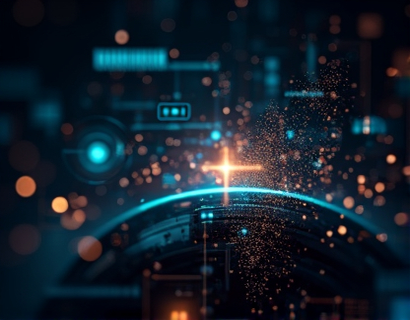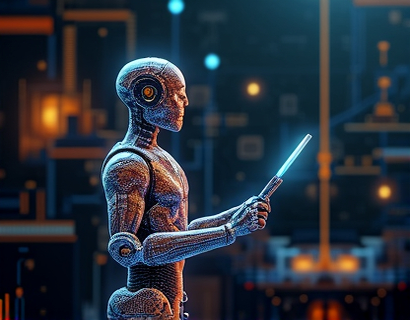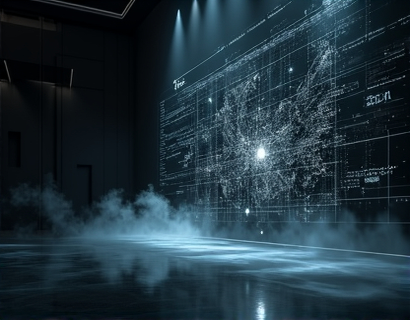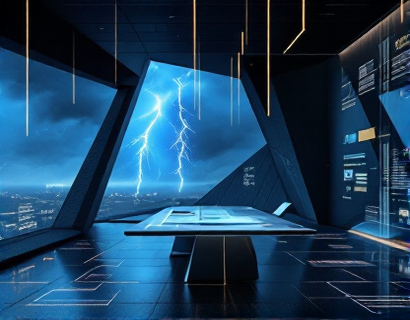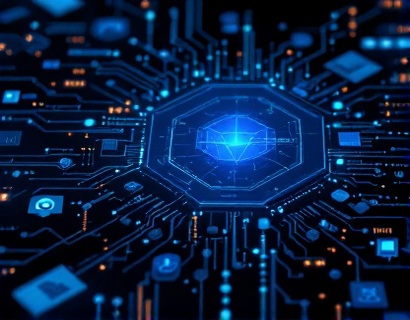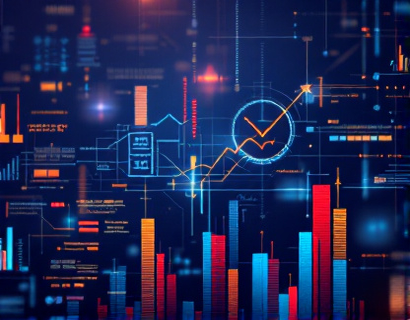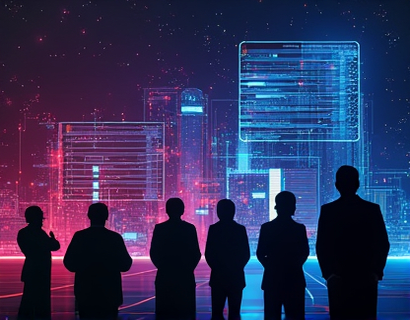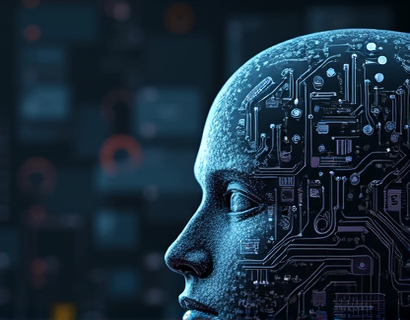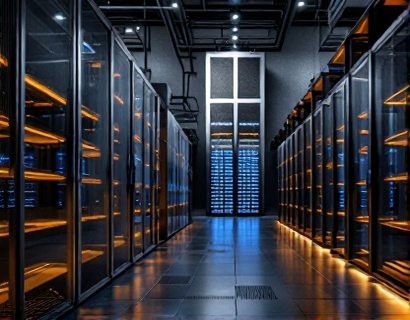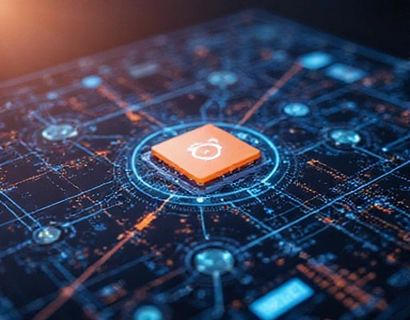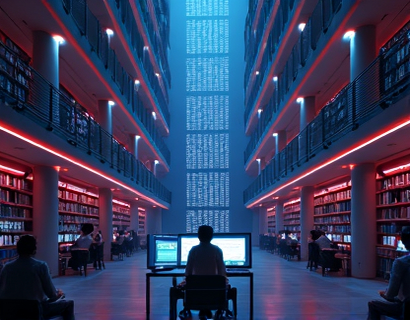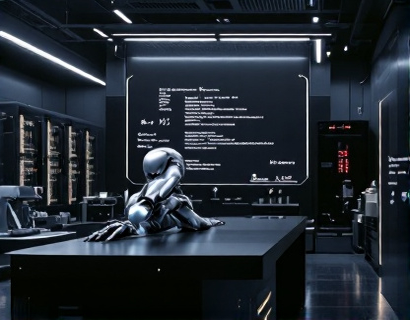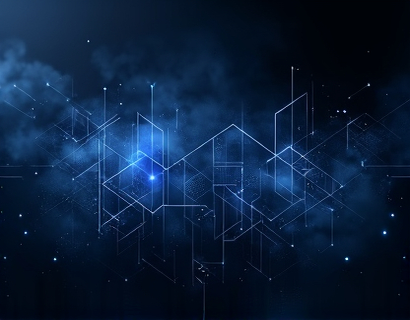Decentralized DAOs: Leading the Future of Web3 Governance with Community Empowerment and Transparency
In the rapidly evolving landscape of Web3, decentralized autonomous organizations (DAOs) are emerging as pivotal entities, redefining the principles of governance, transparency, and community empowerment. These organizations leverage blockchain technology to create self-governing systems where decisions are made collectively by members, rather than by centralized authorities. This shift marks a significant transformation in how digital protocols are managed, promising a more interconnected and equitable digital future.
Understanding Decentralized DAOs
At their core, DAOs are organizations governed by smart contracts on a blockchain. These smart contracts encode the rules and procedures for decision-making, fund management, and member participation. Unlike traditional organizations, DAOs do not rely on a central authority or hierarchy. Instead, they operate on a decentralized network, where every member has a say in the decision-making process through token-based voting systems.
The concept of DAOs is rooted in the broader movement towards decentralization, which seeks to distribute power and control away from centralized entities. This movement is driven by the belief that decentralization can lead to more transparent, fair, and resilient systems. In the context of Web3, DAOs play a crucial role in shaping the future of decentralized applications (dApps), blockchain networks, and digital economies.
Community-Driven Governance
One of the most significant advantages of DAOs is their ability to foster community-driven governance. In a DAO, members with a stake in the organization can propose, discuss, and vote on proposals. This process ensures that decisions reflect the collective will of the community, rather than the interests of a few individuals or groups. The transparency of blockchain technology further enhances this process, as all proposals, discussions, and voting outcomes are recorded and accessible to all members.
The community-driven approach of DAOs empowers individuals who might otherwise be marginalized in traditional governance structures. It democratizes decision-making, allowing a diverse range of voices to contribute to the direction of the organization. This inclusivity not only enhances the legitimacy of decisions but also fosters a stronger sense of ownership and commitment among community members.
Transparency in DAOs
Transparency is a cornerstone of DAOs, and it is deeply intertwined with the blockchain's inherent properties. All transactions, proposals, and voting results are immutably recorded on the blockchain, providing a tamper-proof and auditable trail. This level of transparency builds trust among members and stakeholders, as everyone can verify the organization's activities and financial transactions.
Moreover, the transparency of DAOs extends to the code itself. Smart contracts, which govern the DAO's operations, are open-source, allowing anyone to review and audit the code. This openness ensures that the DAO's mechanisms are clear and free from hidden biases or malicious intentions. The combination of transparent governance and open-source code creates a highly trustworthy and accountable system.
Scalability and Efficiency
Scalability is a critical challenge for many blockchain-based systems, but DAOs are designed to address this issue through innovative governance models. By distributing decision-making across a decentralized network, DAOs can scale more effectively than centralized organizations. The token-based voting system allows for rapid and efficient decision-making, as it eliminates the need for lengthy bureaucratic processes.
Additionally, DAOs can leverage layer 2 solutions and interoperability protocols to enhance scalability. These technologies enable faster transaction processing and lower fees, making the DAO more accessible and efficient. As the Web3 ecosystem continues to grow, the scalability of DAOs will be essential in supporting the increasing number of dApps and users.
Case Studies and Real-World Applications
Several DAOs are already making significant impacts in the Web3 space. One notable example is the MakerDAO, which manages the stablecoin DAI on the Ethereum blockchain. MakerDAO's decentralized governance allows users to propose and vote on changes to the protocol, ensuring that the system remains robust and responsive to market conditions. This community-driven approach has contributed to the stability and success of DAI as a reliable store of value.
Another example is the Aragon DAO, a platform for building and governing decentralized organizations. Aragon provides tools for creating custom DAOs, managing tokens, and facilitating community governance. Its open-source nature and flexible governance models have made it a popular choice for various projects, from decentralized finance (DeFi) to non-fungible tokens (NFTs).
Challenges and Considerations
Despite their potential, DAOs face several challenges that need to be addressed to achieve widespread adoption. One major concern is the technical complexity involved in setting up and managing a DAO. Not all community members may have the necessary technical skills, which can create barriers to participation. To overcome this, DAOs can provide educational resources and user-friendly interfaces to make governance more accessible.
Another challenge is the risk of governance attacks, such as sybil attacks, where malicious actors create multiple fake identities to gain undue influence. Implementing robust security measures and consensus mechanisms is crucial to mitigate these risks. Additionally, legal and regulatory uncertainties surrounding DAOs can pose challenges, as the legal framework for decentralized organizations is still evolving.
The Future of DAOs in Web3
The future of DAOs in the Web3 ecosystem is promising, with ongoing developments aimed at enhancing their functionality and accessibility. As blockchain technology matures, we can expect more sophisticated governance models, improved scalability, and better integration with other decentralized systems. The collaboration between DAOs and other Web3 initiatives, such as decentralized finance and decentralized identity, will further enrich the digital landscape.
Community empowerment and transparency are at the heart of DAOs, aligning with the core values of the Web3 movement. By placing power in the hands of the community and ensuring transparency in all operations, DAOs are poised to transform how digital protocols are managed. As more individuals and organizations embrace this decentralized approach, the potential for a more interconnected and equitable digital world becomes increasingly tangible.
In conclusion, decentralized DAOs represent a revolutionary shift in governance, offering a more inclusive, transparent, and scalable alternative to traditional centralized models. By harnessing the power of blockchain and community-driven decision-making, DAOs are shaping the future of Web3 and paving the way for a more decentralized and empowered digital society.




